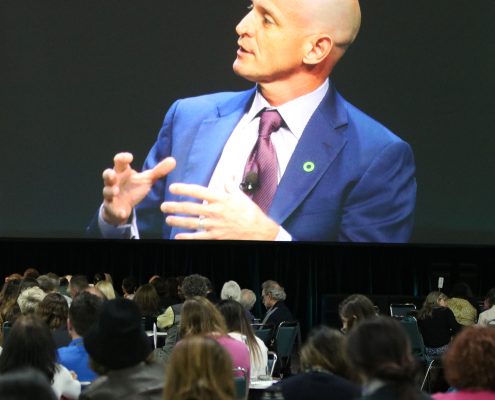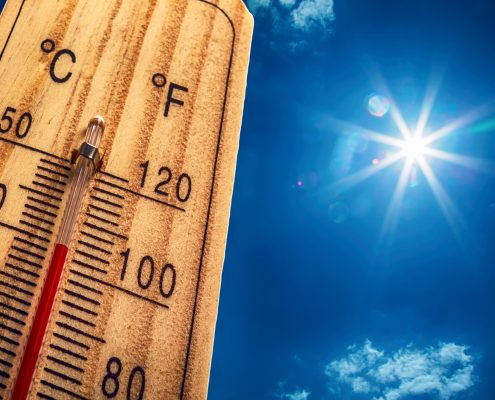The ubiquity of plastic in the modern economy has created a global crisis. Plastic pollution is everywhere, the demand for fossil fuel feedstocks is increasing, and ineffective recycling practices have failed to make a meaningful difference. While the plastic burden is widespread, its environmental and health impacts are unequally distributed.
California’s Senate Bill 54 is the most ambitious domestic policy effort to address the plastic crisis. Among other provisions, the law establishes a $500 million annual Plastic Pollution Mitigation Fund to help state agencies, beginning in 2027, address the harmful impacts of plastic, particularly historic harms in disadvantaged communities.
To facilitate a data-driven approach for targeting these investments equitably, Luskin Center for Innovation researchers created an environmental justice-centered Three-Part Framework for Identifying Plastic-Burdened Communities.
What Defines a Plastic-Burdened Community?
In Part I of the research series, the researchers articulate this framework and explain how it can be used to guide policy priorities. The report also demonstrates that exposure risks from plastic waste and disposal sites are highest in California’s lower-income communities and communities of color. The authors recommend that decision-makers use the framework to target investments to address exposure risks with efficacy and transparency equitably.
-
- Part I report: An Environmental Justice Framework for Identifying Exposure Disparities and Informing Mitigation Investment (2024)
- Part I policy brief: An Environmental Justice Framework for Informing Plastic Pollution Mitigation Fund Investments (2024)
In Part II of the research series, the authors identify a clear connection between fossil fuel infrastructure and plastic production, and extend the researchers’ analysis of plastic supply chain impacts to encompass oil and gas infrastructure.
-
- Part II report: Plastic, Fossil Fuels, and Inequitable Exposure Risks from Oil and Gas Extraction and Refining (2025)
- Part II policy brief: Aligning California’s Plastic Mitigation Fund Investments with Fossil Fuel and Health Realities (2025)
EXPERTS
-
Veronica Herrera, Associate Professor of Urban Planning and Political Science
-
Daniel Coffee, Luskin Center for Innovation, Project Manager
-
Tatiana Flores, Luskin Center for Innovation, GIS Analyst and Map Designer
-
Manasi Vartak, Student Researcher
INTERACTIVE MAP
Impacts from Plastic Disposal Sites in California
This map (updated October 2025) shows exposure risk in California from facilities involved in the upstream (extraction and refining of fossil fuel raw materials) and downstream (processing and disposal of plastic waste) stages of the plastic supply chain. It includes the locations of operational landfills and solid waste disposal sites, transfer/processing stations, waste incinerators, plastic-related recyclers, oil and gas wells, and refineries, along with their localized impact zones and cumulative exposure risks.
Funding Acknowledgments
This project was supported by the Resources Legacy Fund.
Photo credit: GKV / iStock




